Call Us Now!
Toll Free (24x5)+1 888 885 2666 info@bluepillspharmacy.com
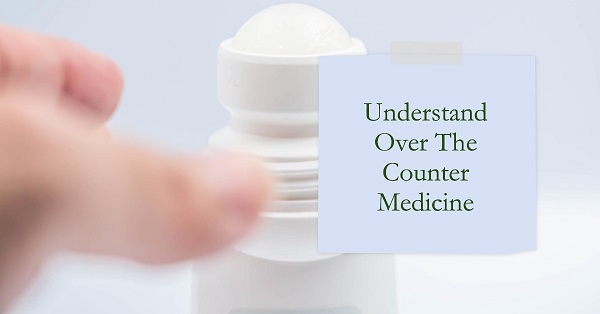
Understanding Over The Counter Medicine
Blue Pills Pharmacy - Dec 08, 2020
Over-the-counter (OTC0 medicine are drugs you can purchase without a doctor prescription. Some OTC drugs relieve Aches, pains, muscles pain, headache, fever and itches. Some medications prevent or treat disease, like tooth decay and athlete’s foot. Others help manage recurring diseases, like migraines and skin allergies.
In the United States, the food and drug administration (FDA) decides whether a drug is safe and effective enough to sell over-the counter (OTC). This decision allows you to take a more active role in your health care. But people also need to be careful to avoid mistakes. Make sure to follow all the instructions and guidelines on the medicines label. If you do not understand the guidelines or instructions, discuss your pharmacist or health care provider.
Also keep in mind that that there are still risks to using OTC medicines:
- The drugs you are using could interact with other medicines, active ingredients, supplements, foods or drinks.
- Some drugs are not useful for people with certain medical conditions. For example, people with diabetes, asthma, high blood pressure should not take certain decongestants.
- Some people are allergic to certain drugs.
- Many drugs are not safe at the time breastfeeding or pregnancy if you are pregnant, check with your health care provider before consuming any medicine.
- Be careful when giving medicines to babies or young children. Make sure that you give your baby the right dose. If you are giving your baby liquid drugs, do not measure a medicine with a kitchen spoon. Instead use a measuring spoon or a dosing cup marked in teaspoons.
If you have been using OTC drugs but your symptoms do not vanish, contact your physician. You should not use OTC drugs longer or in over doses than the label recommends.
Over-the-counter drug safety tips:
According to a report of the American association of poison control centers (AAPCC). More than 10,000 children under the age of 18 have visited the emergency room due to errors in self-administering over-the-counter (OTC) medication. To ensure that you and your family are properly using over-the-counter (OTC) medicines safety, here are some guidelines you can follow:
-
Follow guidelines or instruction which are mentioned on the label:
Because every over-the-counter (OTC) drug is different, act one has different dosage instructions. It is safest to adhere to the medicine’s label when administering the medicine to yourself or someone else.
-
Always Keep the original container:
Lots of patients transfer drugs to other containers or bags for traveling or just for convenience. However, it is safest to keep the drugs in the original container with the medicine to ensure that you are aware of which drug you are using as well as being aware of the dosage instructions, warning and guidelines related with it. Additionally, it is safest to use only drugs that you have purchased and broke the seal on.
-
Consume the right dose:
Extensive research has been conducted with over-the-counter (OTC) medicine to know the right dosage for different persons. Not adhering to the dosage of the medicine suggested on the label can negatively affect symptoms and lead to severe or serious side effects. You can find dosage instructions on the container of the drugs like: bottle or box. Doses of the medicine often differ by age or weight.
-
Do not mix medicine:
Mixing medicines that have different active substances – these are generally mentioned first on the medication label – can also cause adverse (harmful) reactions and worsen symptoms. Only consume one medicine at a time that has the equal active ingredient, and discuss it with your health care provider or pharmacist before consuming two over-the-counter (OTC) medications.
-
Store them correct way:
If young children are living in a house, it is safest to store drugs out of reach and sight. Doing so can reinforce proper drugs taking behaviors, ensuring that children ask permission to use medicine when they need it.
Things to consider:
Healthy people who use over-the-counter (OTC) medicines occasionally and properly have a low risk of adverse effects. However, some persons are at higher risk. These include baby or very young children, older adults, and people taking more than one type of medicine. People who have the following conditions are also at a greater risk:
- Thyroid problems
- Psychiatric problems
- Liver problems
- Kidney problems
- Immune system problems
- High blood pressure (hypertension)
- Heart disease
- Gout
- Glaucoma
- Epilepsy
- Enlarged prostate glands
- Diabetes
- Breathing problem
- Blood clotting disorders.
- Asthma
- Bleeding disorder
- Blood clotting disorders
- Diabetes etc.
The above mentioned condition put some people at higher risk. But anyone can feel an adverse effects from an over-the-counter (OTC) medicine.
Recent Blog
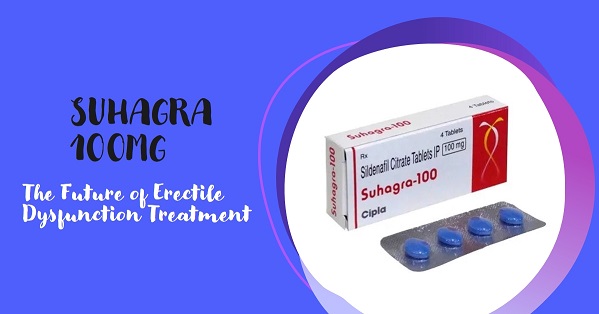
Suhagra 100 Mg: The Future of Erectile Dysfunction Treatment
Millions of men experience erectile dysfunction (ED), which can significantly lower a man's quality of life. Even though there are many viable treatments,…
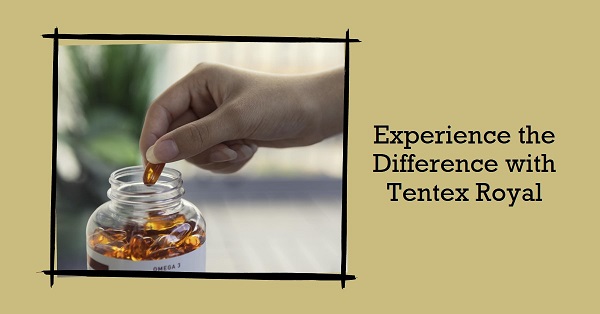
Experience the Difference: Tentex Royal for Unmatched Sexual Satisfaction
Sexual satisfaction plays a crucial role in our overall well-being and happiness. It is an essential aspect of a healthy and fulfilling life. For those…

Unveiling the Magic of Musli Power X Tra 500 Mg
Nature has frequently presented us with fantastic answers in our pursuit of vitality and maximum health. Musli Power Xtra 500 Mg is one such remedy…
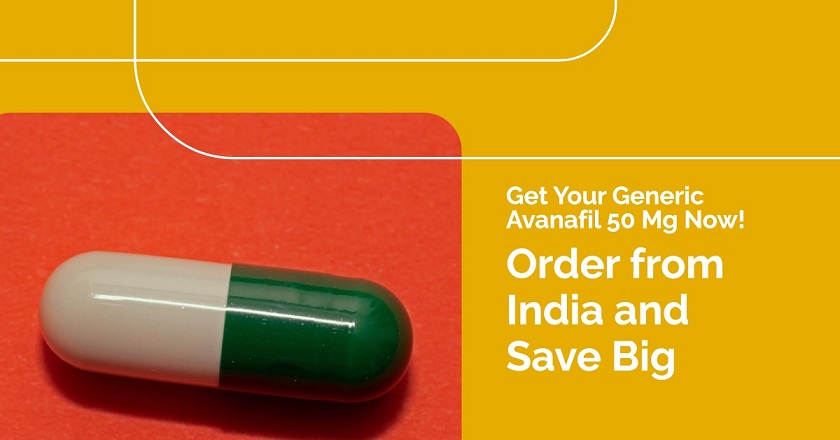
Order Generic Avanafil 50 Mg from India
Generic Avanafil 50 mg Tablets works by helping the veins in your penis to unwind. This expands the blood stream into your penis, helping it remain hard…
fXtS.jpg)
Know about Apcalis SX 20 Mg Oral Jelly
Apcalis Oral Jelly 20 sex gel is a famous and fruitful treatment for erectile brokenness. It's anything but a more secure and more proficient option…
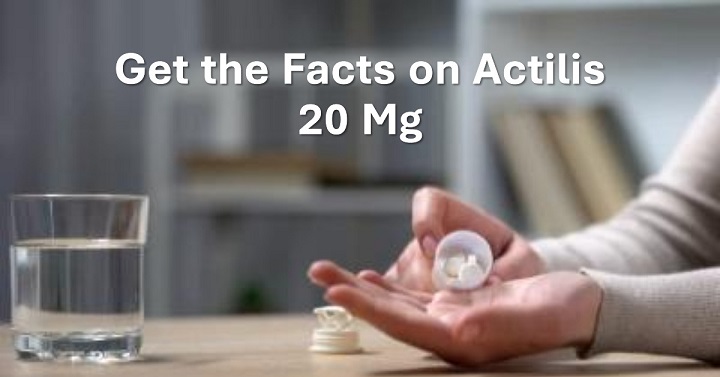
What to Know About Actilis 20 mg?
What is Actilis 20 Mg? Erectile Dysfunction is a common condition in men and Actilis 20 Mg from Cheap Viagra Without Prescription helps in loosening up…

Remarkable Benefits of Himalaya Gokshura: Nature's Best-Kept Secret
Himalaya Gokshura, also known as Tribulus terrestris, is a remarkable herb that has been revered for its numerous health benefits for centuries. Often…
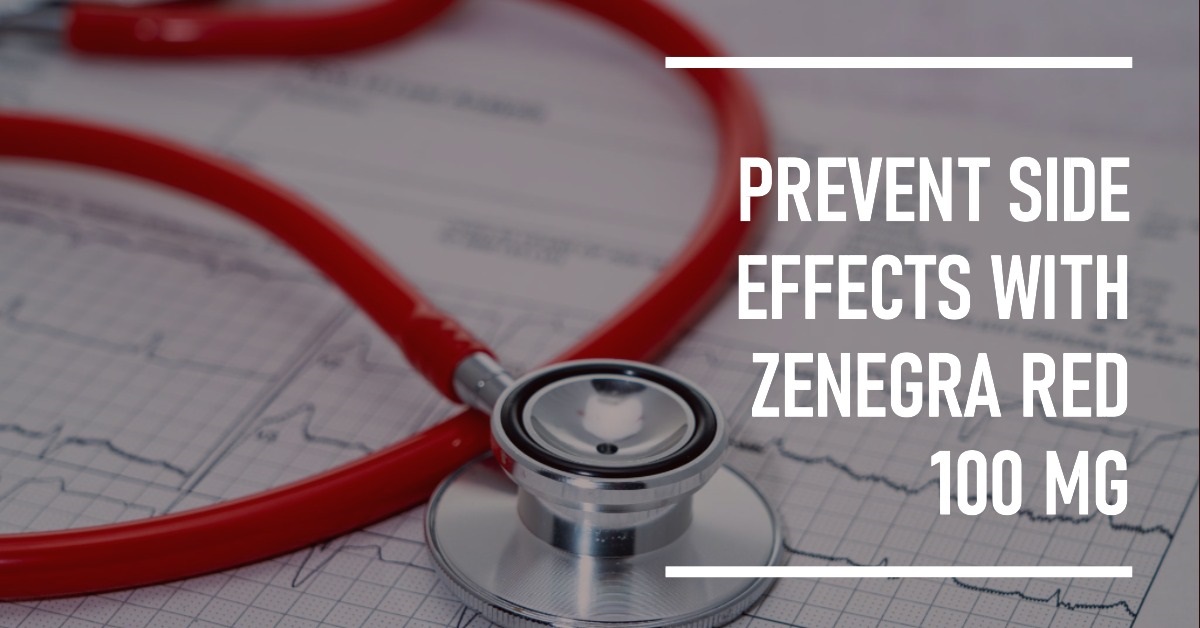
Zenegra Red 100 Mg: Precautions to Minimize Side Effects
Before delving into the precautions, it is important to be aware of the potential side effects of Zenegra Red 100 Mg. Common side effects may include…
StnT.jpg)
Eriacta 100 Mg: Unveiling the Popularity of a Revolutionary Medication
Millions of men all over the world suffer with erectile dysfunction (ED). The therapeutic landscape has been revolutionised by the emergence of effective…

Managing Premature Ejaculation with Duralast 30 Mg: Tips and Strategies
A frequent sexual condition that affects many men worldwide is premature ejaculation. It is characterised by an inability to control ejaculation, which…
